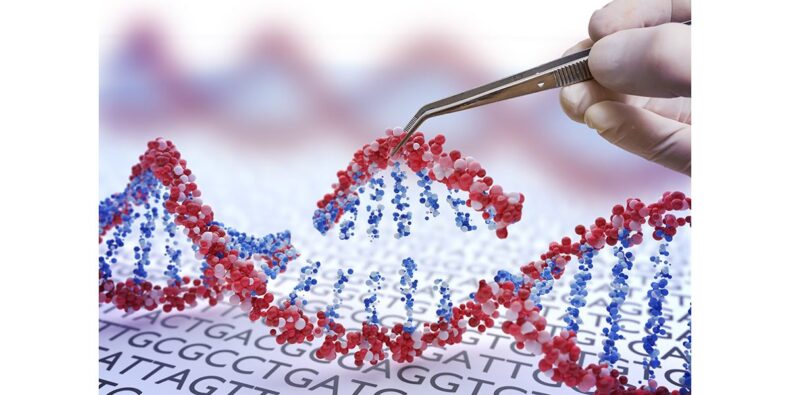The unknome (www.unknome.org) is a database made of genes whose functions are not known. It is a collection of proteins that are not well-studied and the genes that encode them whose existence is known but not understood.

The database was created by Matthew Freeman, Dunn School of Pathology, Oxford, England, and Sean Munro from MRC Laboratory, Molecular Biology Cambridge, England, and their colleagues.
The advent of genome sequencing brought to light thousands of novel protein-coding genes in human and other species’ DNA, which earlier methods missed.
Since 2000, further study using transcriptomics and proteomics has shown that many of these proteins are active, and we know what some of them do.
Yet, even with over two decades worth of research, there are still many proteins without known functions. These unknown genes are made more alluring to scientists by the fact that they are often similar between species and have no connection to proteins we already understand.
According to the study conducted by Freeman and team some of the proteins in the database may be critical to cellular functions, development, and resilience against stress.

Unknome to Knome
In this study, the team focused on understanding the importance of genes that are conserved across different species but have unknown functions.
To do this, they developed a systematic method to identify and study these genes. Freeman and team created a database called the “Unknome database,” which assigns a score to each protein based on how much is known about it, using a widely-used tool called Genome Ontology (GO) annotations.
This database lets allows pick out genes that are still not well understood in humans or other chosen organisms. For instance, researchers can narrow down the focus to proteins with unknown functions that have similar versions in humans or are conserved through evolution.
Using this database, the investigators looked into the group of genes with unknown functions in humans and found that this group is slowly becoming smaller as we learn more about them.
To see how useful these unknown genes could be for further research, Freeman and team selected 260 proteins from a fruit fly called Drosophila, which are similar to humans and have unknown functions. They used a technique called RNA interference (RNAi stops the protein from being expressed) to figure out what these proteins do in various biological processes.
As a result, it was discovered that these proteins play important roles in different aspects of biology, such as cilia function and a signaling pathway called Notch.

Benefits from the Unknome
The benefits of the unknome database are numerous. It provides a very structured and systematic approach for identifying and characterizing genes of unknown function. This would further aid in the process of identifying and streamlining the process of research.
The development and assignment of a “knownness” score to proteins that is based on Genome Ontology (GO) annotations will enable researchers to rapidly assess the current level of understanding for each protein, aiding in decision-making for further investigations.
By highlighting proteins that are conserved, but poorly understood, the database is capable of revealing potential drug targets that have been overlooked.
The database could also aid in identifying links between poorly characterized proteins and diseases, highlighting disease-associated mechanisms that were not known or understood.
The database could offer flexibility to researchers, by allowing them to customize and create more such databases that focus on other model organisms.
The database serves as a valuable foundation for experimental studies. Researchers can select proteins from the “Unknome” for further investigation, potentially uncovering novel functions and pathways.
The creation of the unknome provides us with a well-organized and pliable method of understanding genes, with a lot of potential for aiding humanity.













